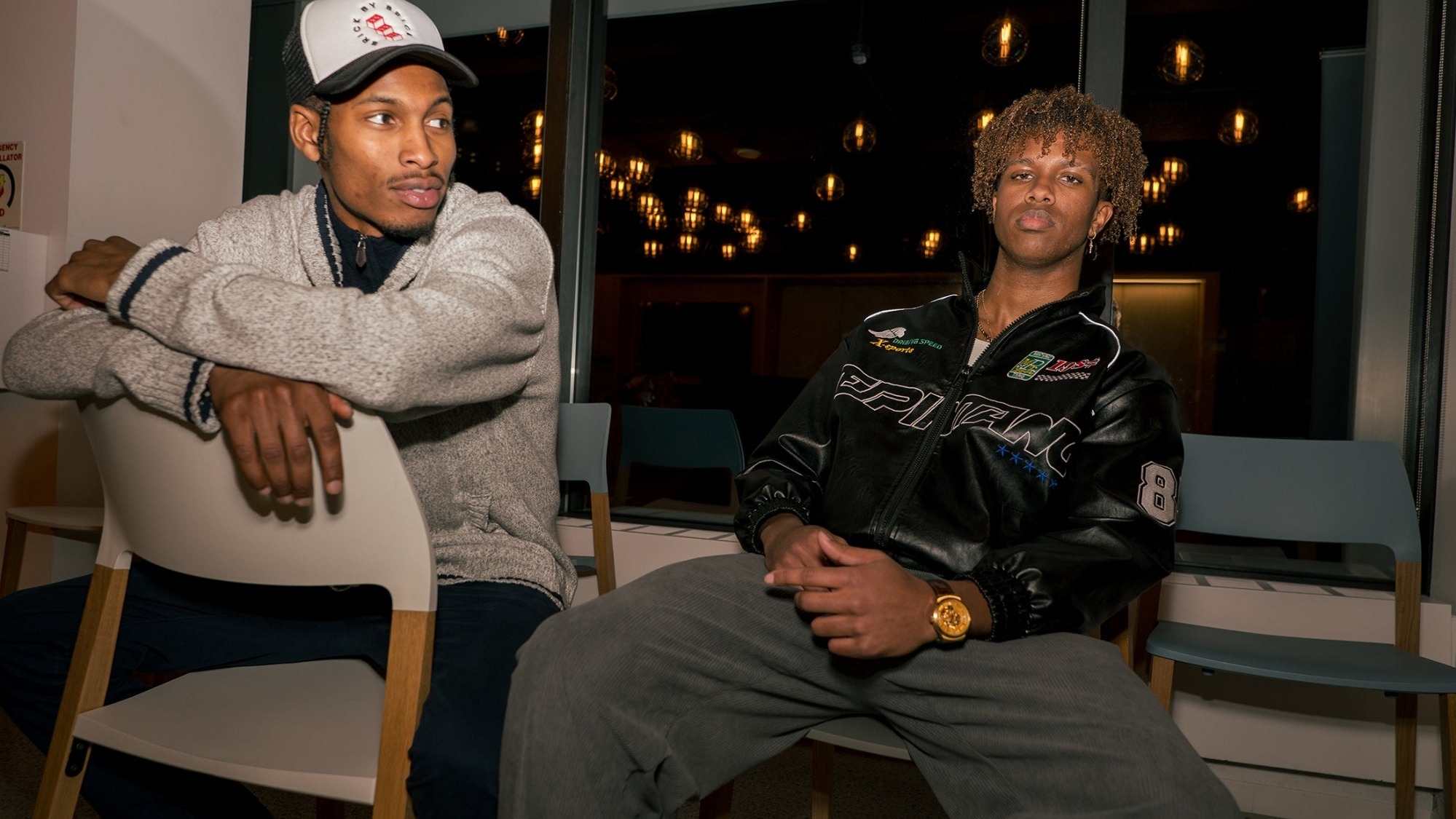
From Yale to the Startup World: A Journey of Innovation
Nathaneo Johnson, a senior at Yale University, has made remarkable strides as a tech entrepreneur while balancing the rigors of academia. Co-founding Series, an AI-powered social networking platform, he successfully raised $3.1 million in pre-seed funding, demonstrating that it is possible to chart an entrepreneurial path while pursuing a traditional education.
Finding Time to Innovate
Unlike conventional wisdom that suggests choosing education or entrepreneurship, Johnson embodies a middle ground. His days often stretch to 18 hours as he navigates classes along with managing and growing his startup. 'It's about effective time management and delegation,' he explains. This balancing act raises questions about personal well-being and the sustainability of such a commitment, especially among students keen on similar paths.
A Technological Foundation
Johnson’s fascination with technology emerged early on. In seventh grade, he was introduced to robotics, which ignited his passion for coding. By high school, his projects included creating assistive devices for the visually impaired. His technical skills, developed over years, have allowed him to lead efforts at Series effectively.
The Role of Networking in Startup Success
Key to Johnson's success has been the concept of 'warm introductions.' Inspired by discussions with other Yale entrepreneurs, he recognized how vital networking is for securing growth. Series was born from this insight, focusing on automating the process of connecting individuals for personal and business development. With a breakthrough that integrated execution via iMessage, the platform quickly gained traction.
Looking Ahead: What’s Next for AI Startups?
As Johnson prepares for Series A funding, his experience presents a promising model for aspiring entrepreneurs in the AI space. This upcoming phase is critical, as it could bolster Series's position among potential unicorn companies, alongside continuously evolving giants like Google and Amazon in AI. The trajectory he sets could influence a new generation of AI leaders.
The journey of blending education with entrepreneurship is fraught with challenges but also rich with opportunity, particularly in AI and tech startups. It invites current and future innovators to rethink the possibilities of merging rigorous academic pursuits with entrepreneurial endeavors.
 Add Row
Add Row  Add
Add 




Write A Comment